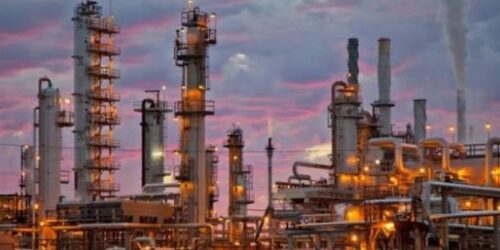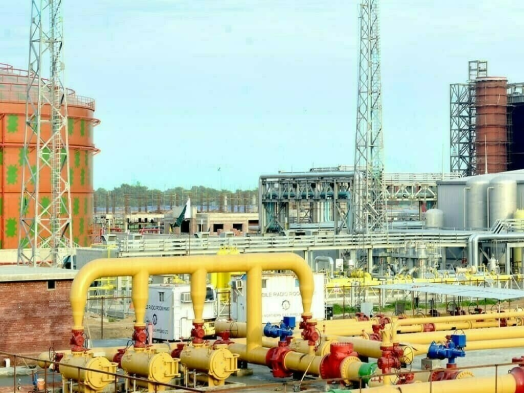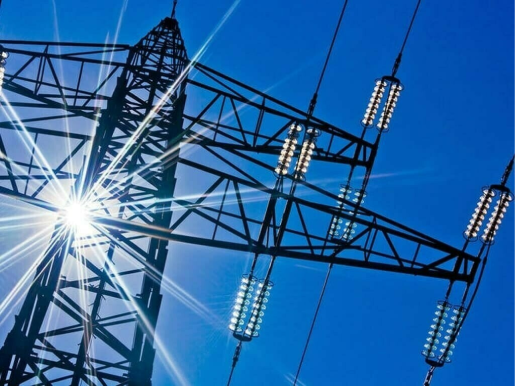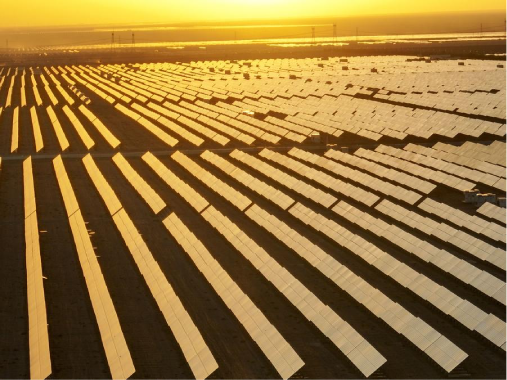Crude oil imports into China fell by 6.8 percent over the first nine months of the year, to 387 million tons, according to customs data cited by Reuters.
Natural gas imports, on the other hand, jumped by more than 22 percent over the period, to 89.85 million tons, the data also showed.
In September alone, crude oil imports fell by more than 15 percent from a year ago. Gas imports went up to the highest since the start of the year at 10.62 million tons, Reuters also reported, citing the official data.
“China’s ambitions to cool commodity prices by drawing on commercial and strategic reserves, combined with power curbs in the industrial sector that cut into fuel demand, took a toll on crude oil imports,” said Seng Yick Tee, senior director at SIA Energy, an oil and gas consultancy, as quoted by Reuters.
In addition to high—and still rising—oil prices, imports into the world’s largest buyer of foreign oil were affected adversely by a crackdown on the Chinese private refining industry. Investigations for environmental law violations and tax evasion were one step Beijing took to rein in the so-called teapots.
Another was asking state oil majors to stop trading import quotas with the private refiners and cutting the latter’s fuel export quotas, too. The authorities also increased taxes on fuels to restrain excessive supply growth on an already oversupplied market.
Meanwhile, however, China is struggling to keep the lights on because of the soaring prices of natural gas and the equally soaring prices of coal. The country has instructed utilities to do whatever it takes to ensure enough power generation raw material supply for the winter and has ordered an immediate boost in coal production capacity.
Earlier this week, Beijing also said it will be prioritizing energy security over climate commitments, with Premier Li Keqiang saying that the stable supply of energy must be the foundation of any transition to a less emission-intensive future.
“Energy security should be the premise on which a modern energy system is built, and the capacity for energy self-supply should be enhanced,” Li said in the statement.





